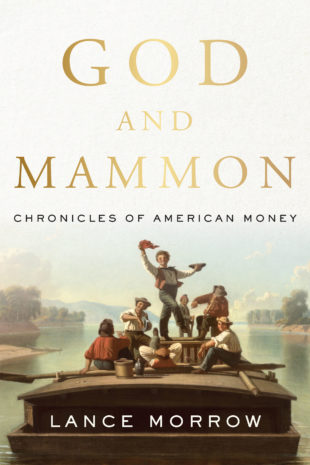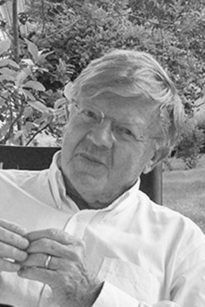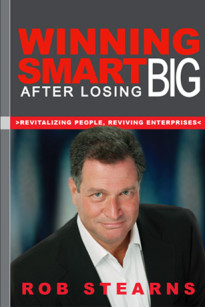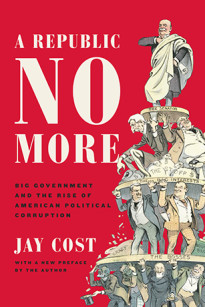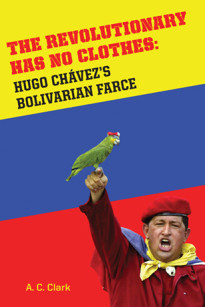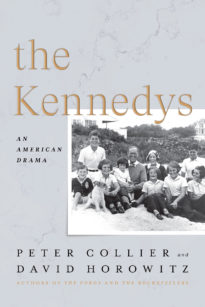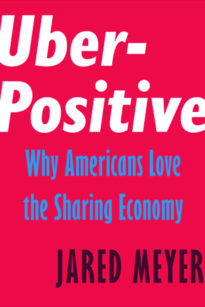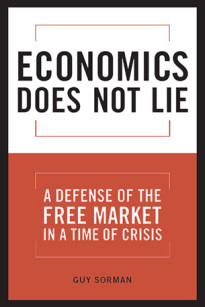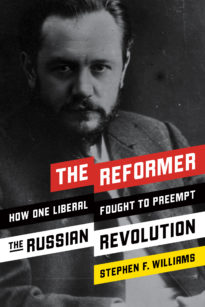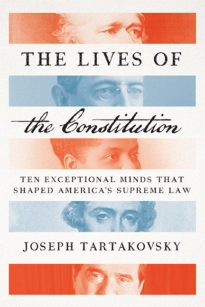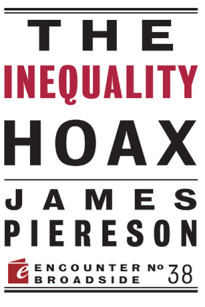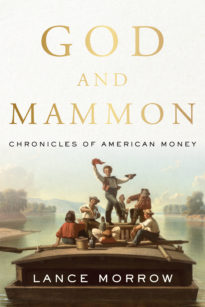This book is about the partnership of God and Mammon in the New World—about how Americans have made money and lost money, and about how they have thought about that obsessive and peculiarly American subject. Money is the basic American thing, the life’s blood of the country. God and Mammon shows how the dynamics of money in its many dimensions (material, spiritual, cultural, psychological) worked to make America what it is. It traces the grand American binaries of Success and Failure to their theological origins in Calvinism’s anxieties about Salvation and Damnation.
Author Lance Morrow sees a reconciliation of God and Mammon in the concept of the American Dream. He views American history in a series of individual life stories that turned in one way or another upon the subject of money. He identifies money as the most reliable common denominator in a big and diverse and fractious nation—as the way that America winds up measuring worth and merit. It’s the value Americans understand. But this is not a materialist interpretation of America—quite the opposite. Morrow views American money not as a substantial, material thing—although certainly it is that for its immediate, practical purposes. Morrow treats money, rather, as a volatile, sometimes demonic energy, as a highly subjective and emotional force, a sort of dream. Is it the root of all evil? Or the source of much good? Morrow proposes that the country’s spiritual or philosophical or moral meaning (the American idea in all its aspects) has worked itself out in the universal, ruthless and always human language of money—in dramas of ambition, greed, rapacity, philanthropy, disillusion, creativity, fulfillment and triumph.
Morrow pursues his theme as it unfolds in the lives of certain Americans, famous or obscure: Here is Thomas Jefferson, for example, the luminous Founder who died broke, his estate at Monticello and his fortune in ruin, his slaves to be sold to pay his debts. That he was a slave-owner and a bankrupt did not annul his greatness; all was part of the same story. God and Mammon in America are not a matter of Either/Or. They are Siamese twins. Race is a powerful subtheme. Morrow sees Booker T. Washington in an admiring light: Born in slavery, he founded Tuskegee Institute in Alabama. With a genius and guile that would be sometimes unappreciated among his own people, he recognized money as the key to freedom (an obvious point sometimes forgotten). He saw money as the American dynamic, the open sesame, and proposed a far-seeing agenda to create, step by step, the black American middle class; his was not the work of an Uncle Tom but of the great guerrilla leader with a vision of the future black American bourgeoisie.
Herman Melville—a failed writer in life and a genius in death—is another American parable. Morrow interprets Moby Dick as a founding study of the brutalities and the metaphysics of American money, extruded, like whale oil, out of nature. This is a weaving of American myths. Here are Ulysses Grant and Horatio Alger. Here is the novelist Edith Wharton, born into one of the families of old wealth, a tireless chronicler of the rise and fall and the manners of America’s aristocracies. And such Olympians as John D. Rockefeller and Joseph P. Kennedy, who started on Mammon’s side and in time found their way toward good works and public service. Here is Hetty Green, 1834-1916 (“the Witch of Wall Street”), the richest American woman in her time, and here, generations later, is Oprah Winfrey, born black and poor in Mississippi, who amassed an equivalent fortune and is said to be the richest American woman in her time.
The drama of money in America is melodramatic and human and paradoxical and absolutely crucial to understanding the country. God and Mammon ends by considering “social justice” and the morals of money in the Age of Bill Gates, Jeff Bezos, Mark Zuckerberg and Donald Trump—who has money and who does not, and what an intelligent country ought to think about the discrepancy.
